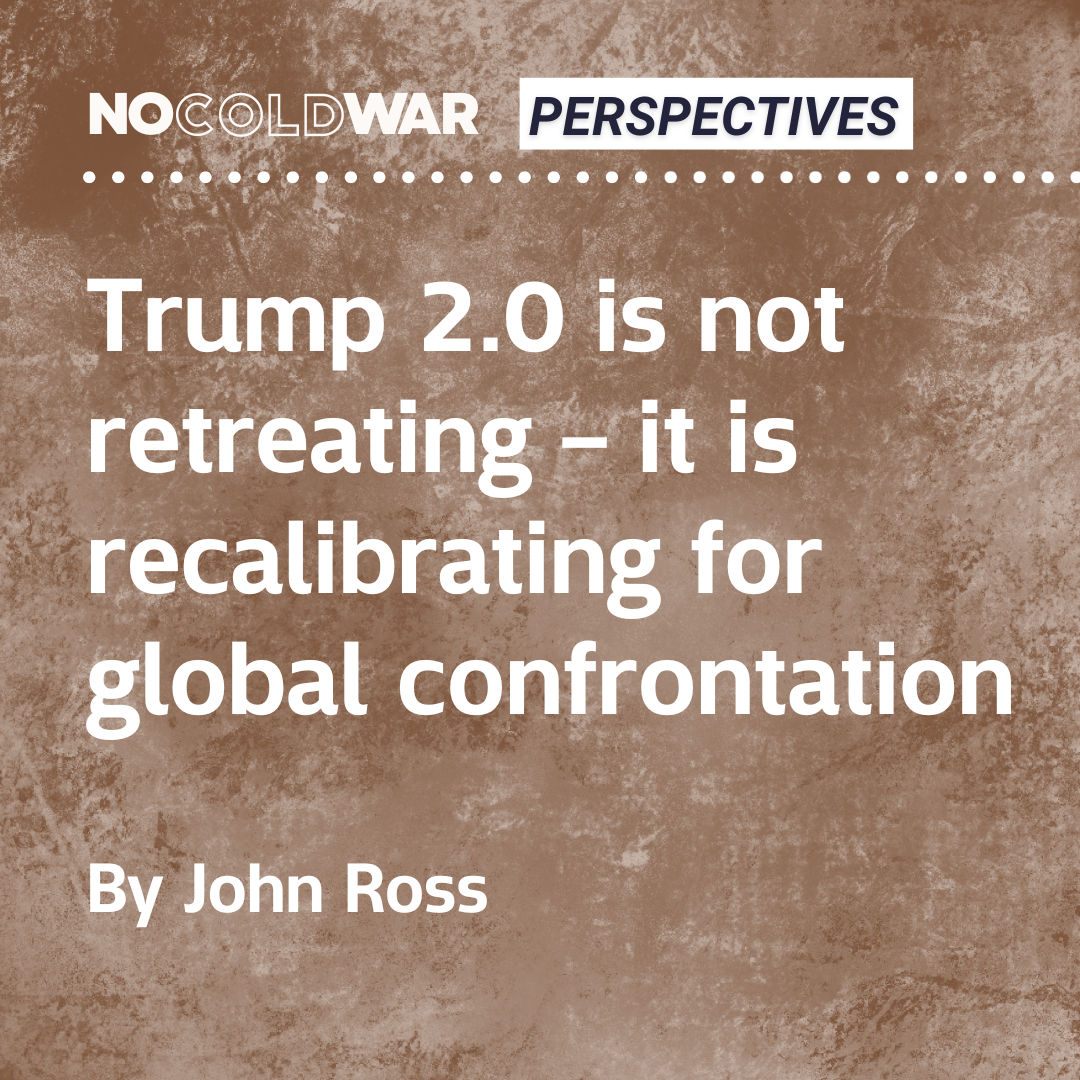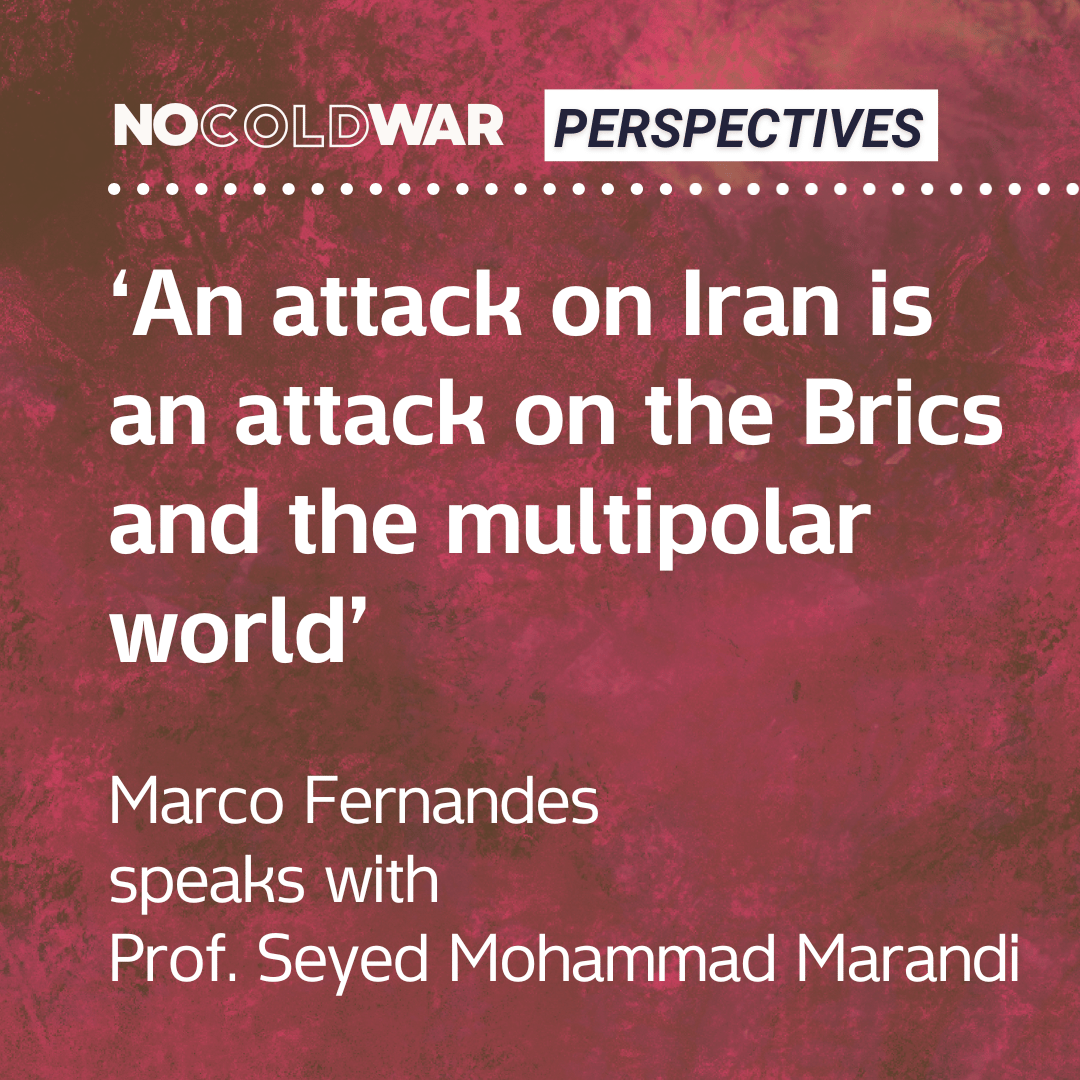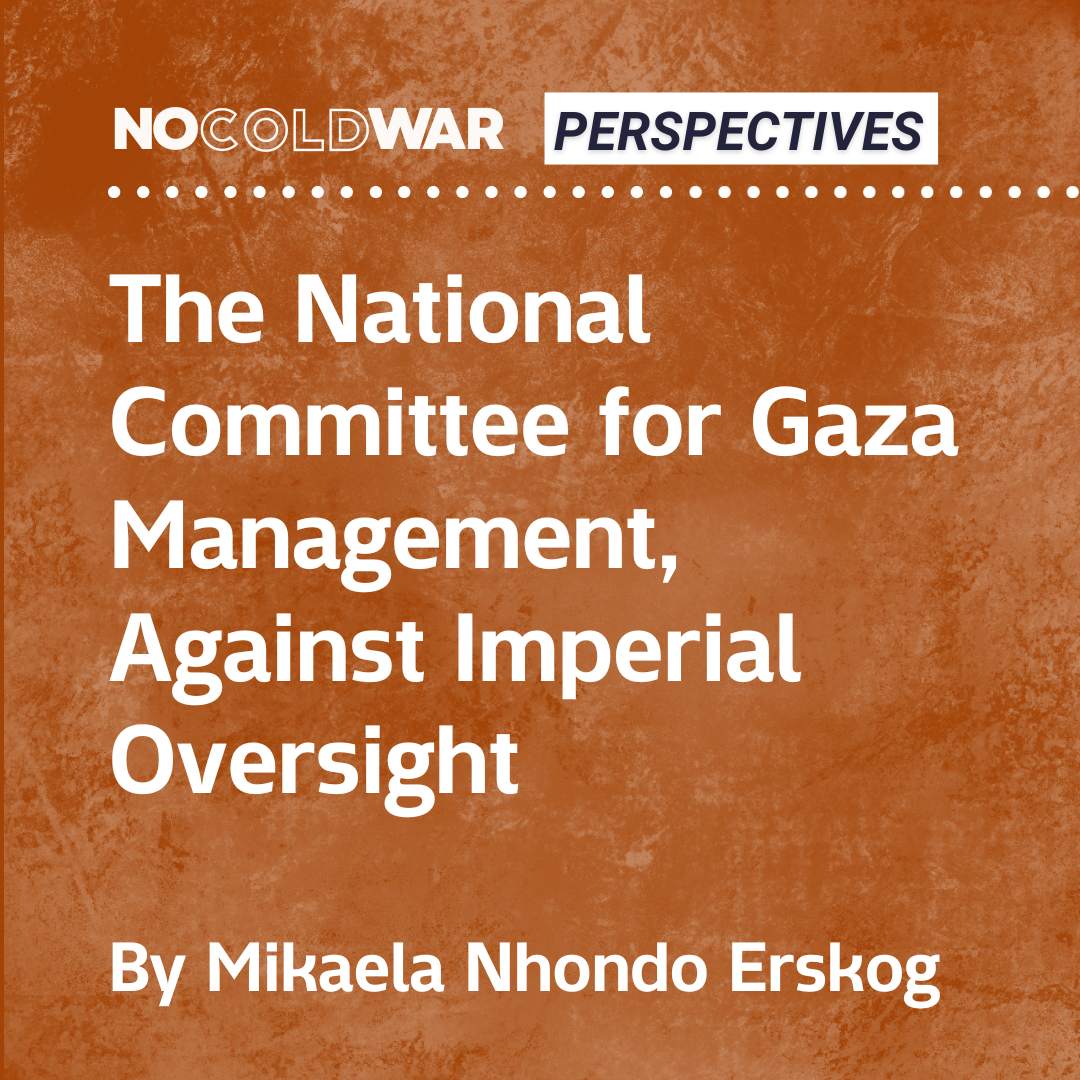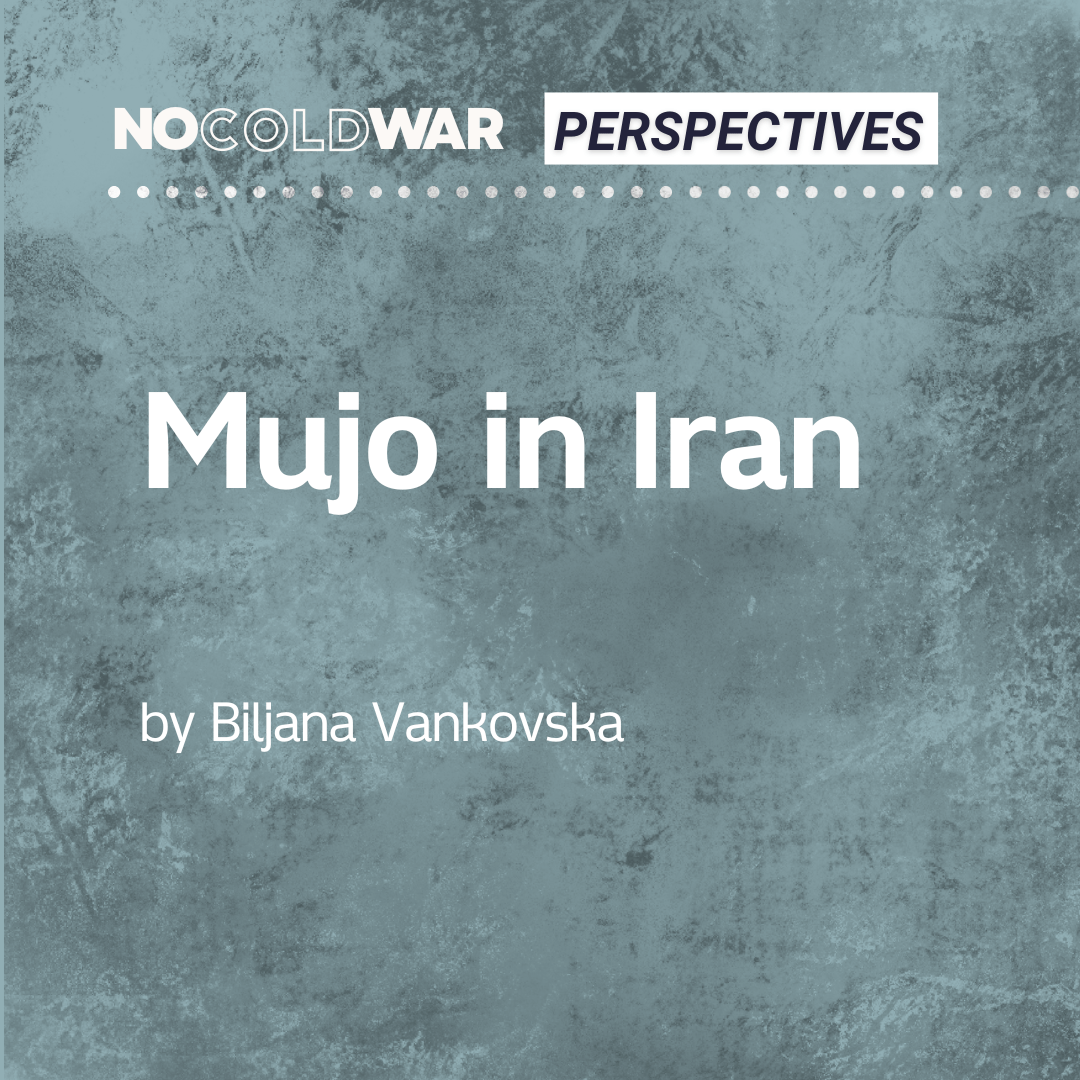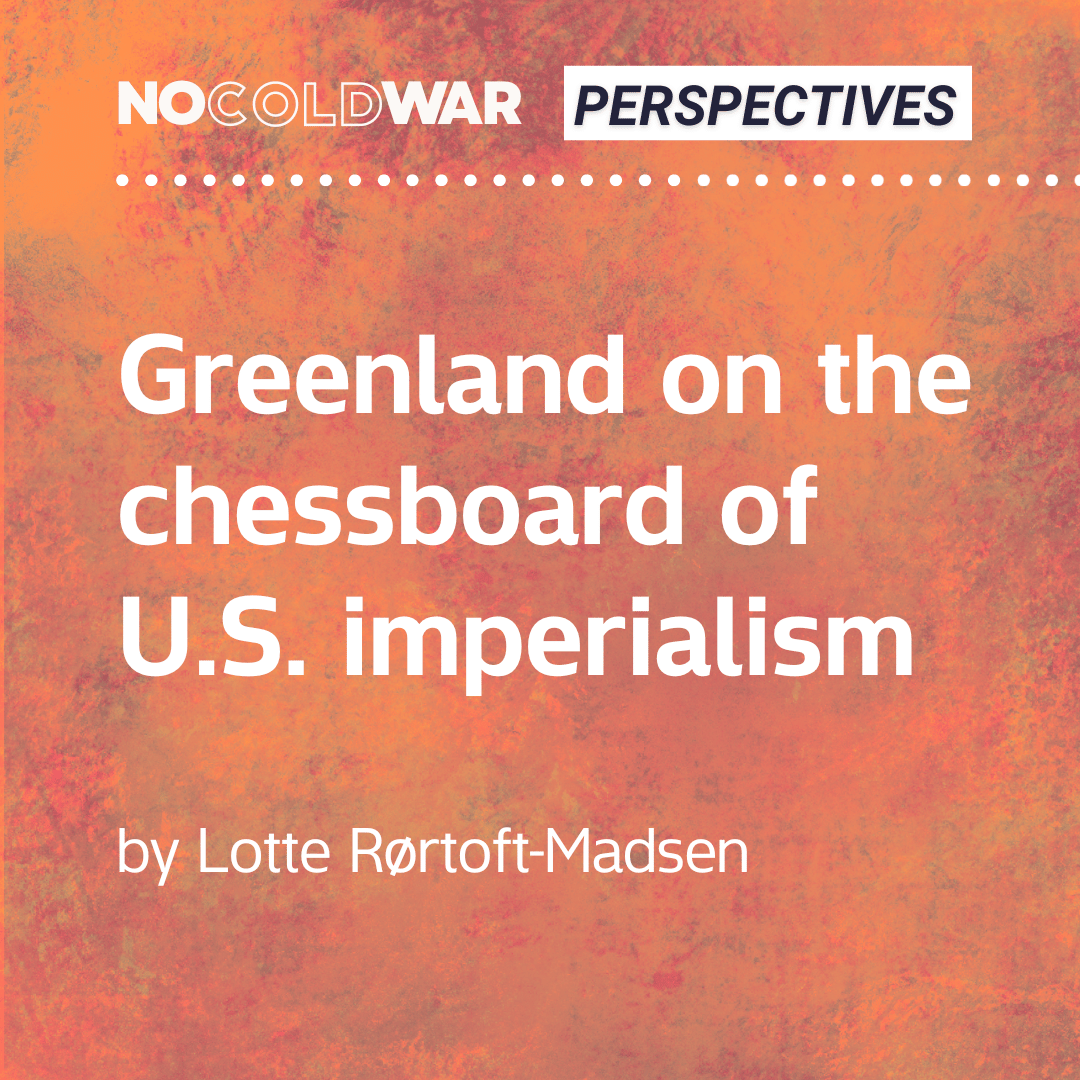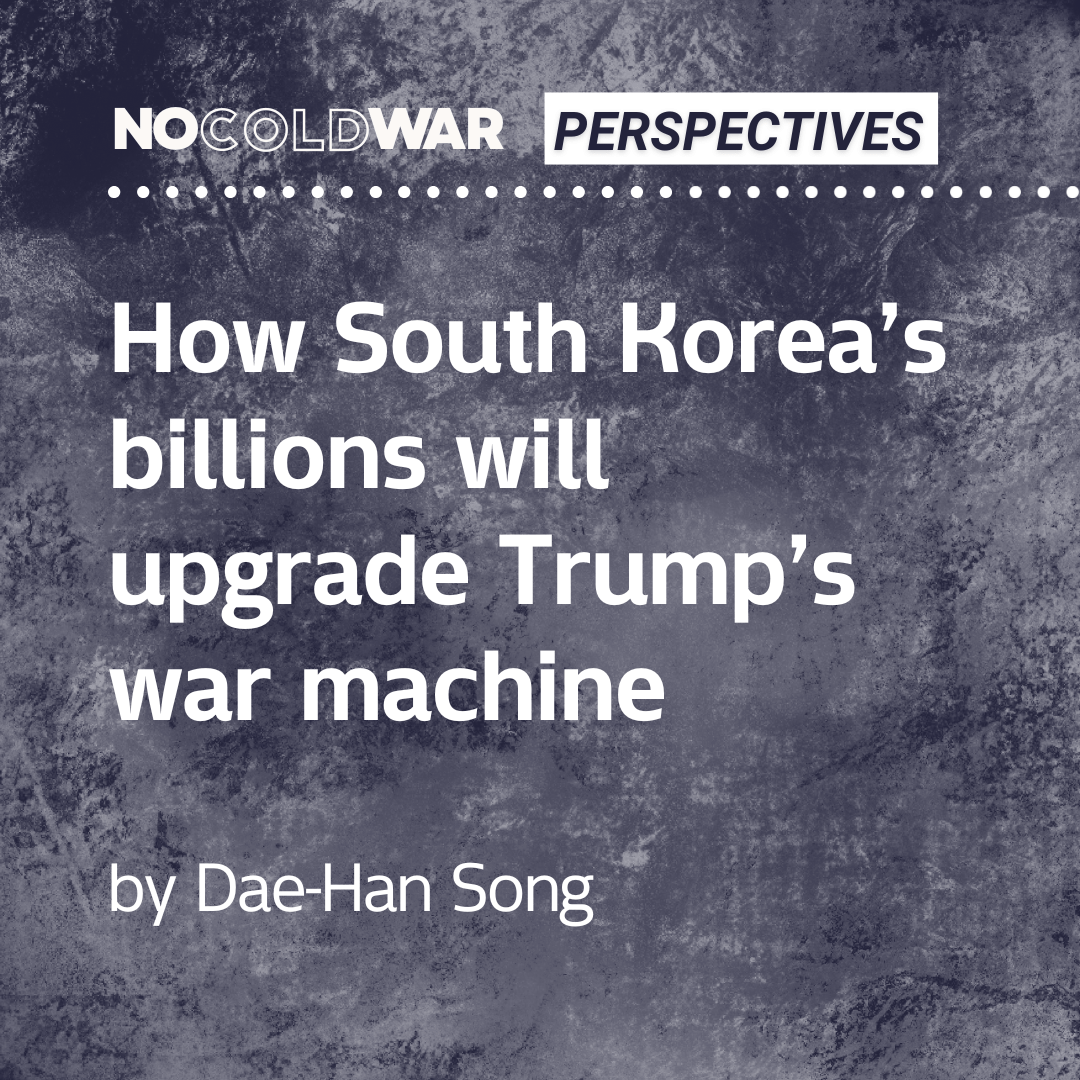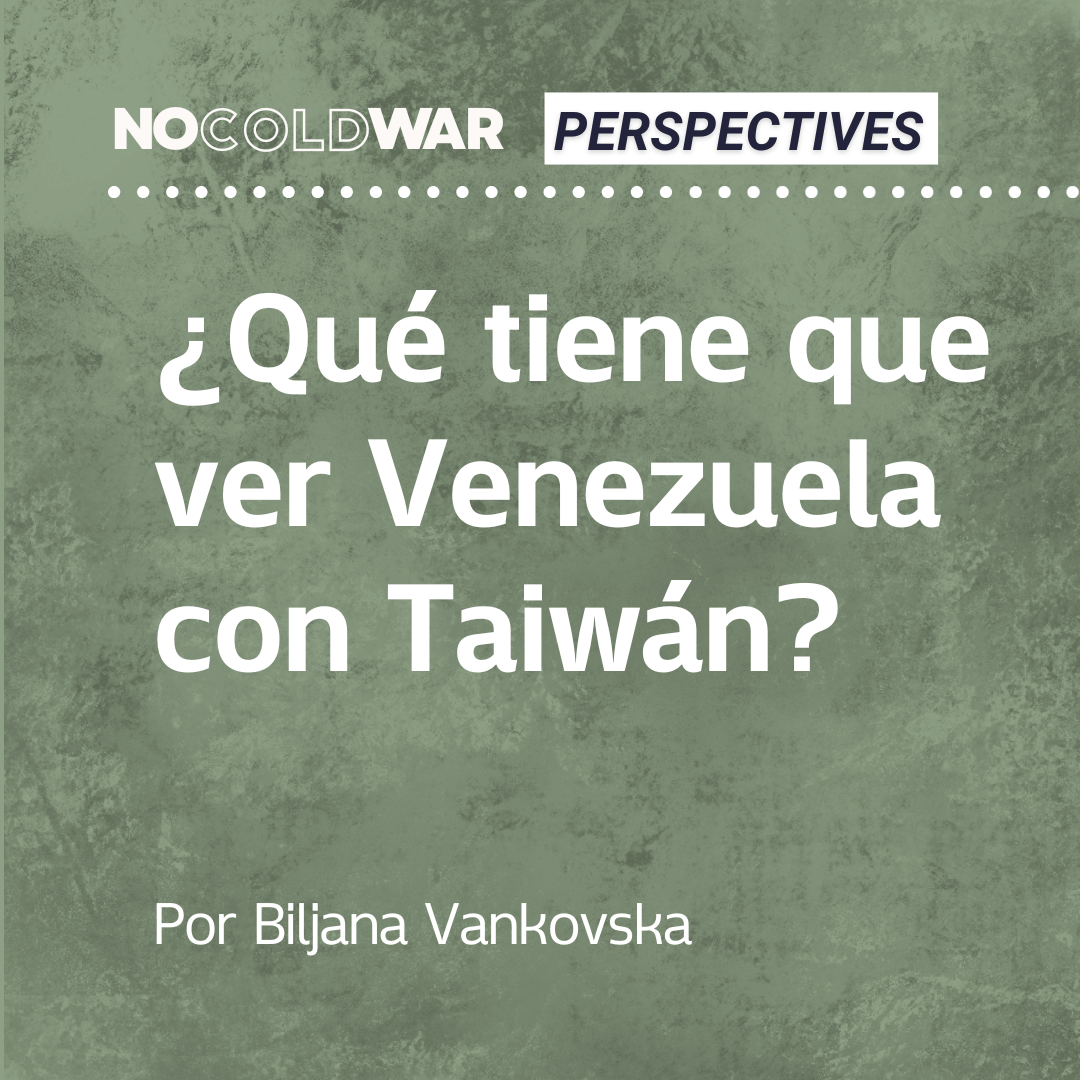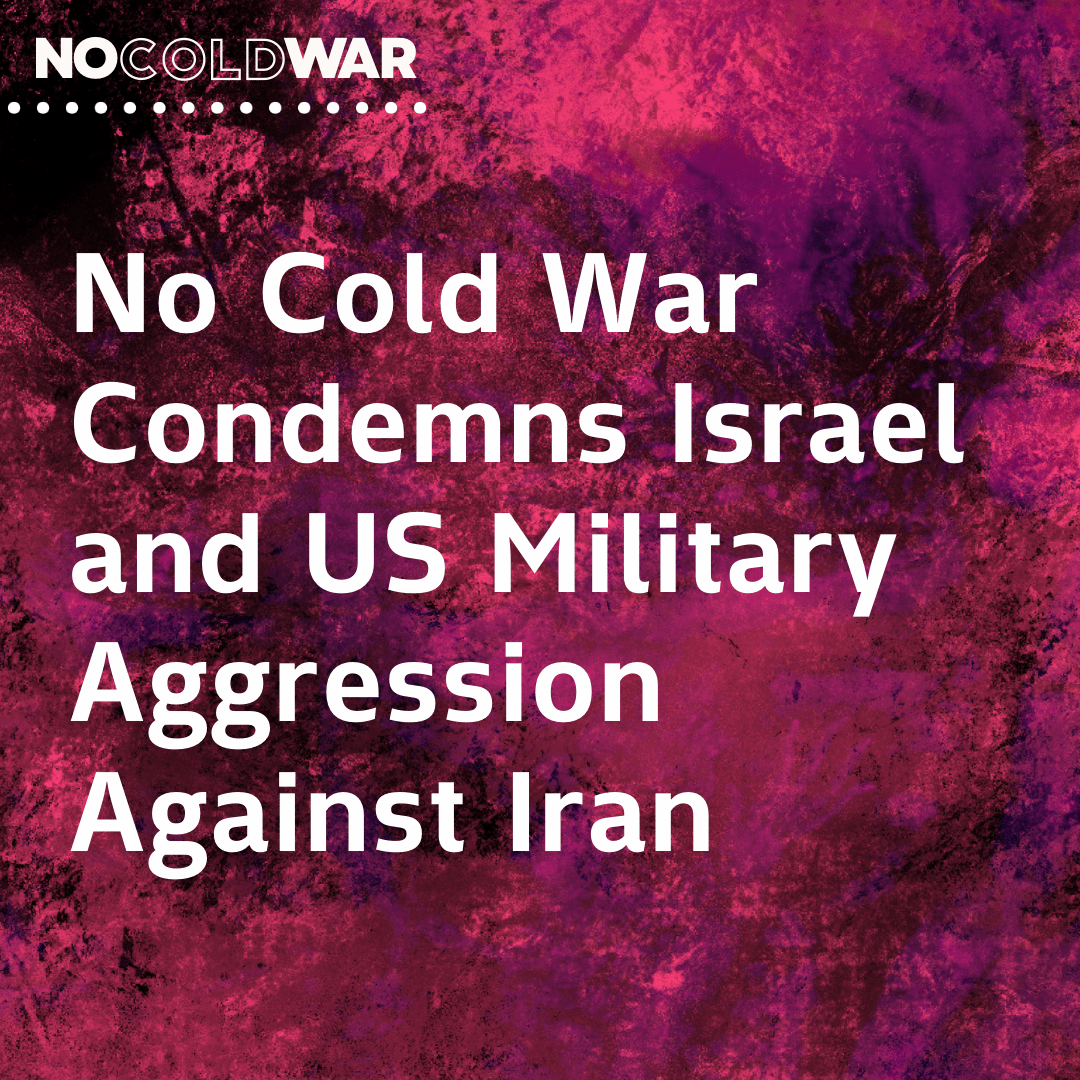
English
On 28 February, Israel and the United States launched military strikes on various targets in Iran. Israel and the United States claimed that they fired ‘pre-emptively’. But there was nothing pre-emptive about these strikes, since Iran has neither threatened Israel nor the United States, nor has Iran built up its military capacity to do so. These strikes are an act of aggression, a violation of the United Nations Charter. Iran has said repeatedly that it is uninterested in attaining nuclear weapons, and it has negotiated in good faith with the United Nations, the United States, and the European Union to prevent any continuation of conflict. Both Israel and the United States have acted in bad faith, uninterested in negotiations and only focused on war.
No Cold War condemns these military strikes on Iran. We call upon the United Nations Security Council to convene an immediate session to deliberate on the violation of the UN Charter, namely Article 2 that protects the sovereignty of each member states, including Iran.
Spanish / Español
No a la Guerra Fría Condena la agresión militar de Israel y Estados Unidos contra Irán...
